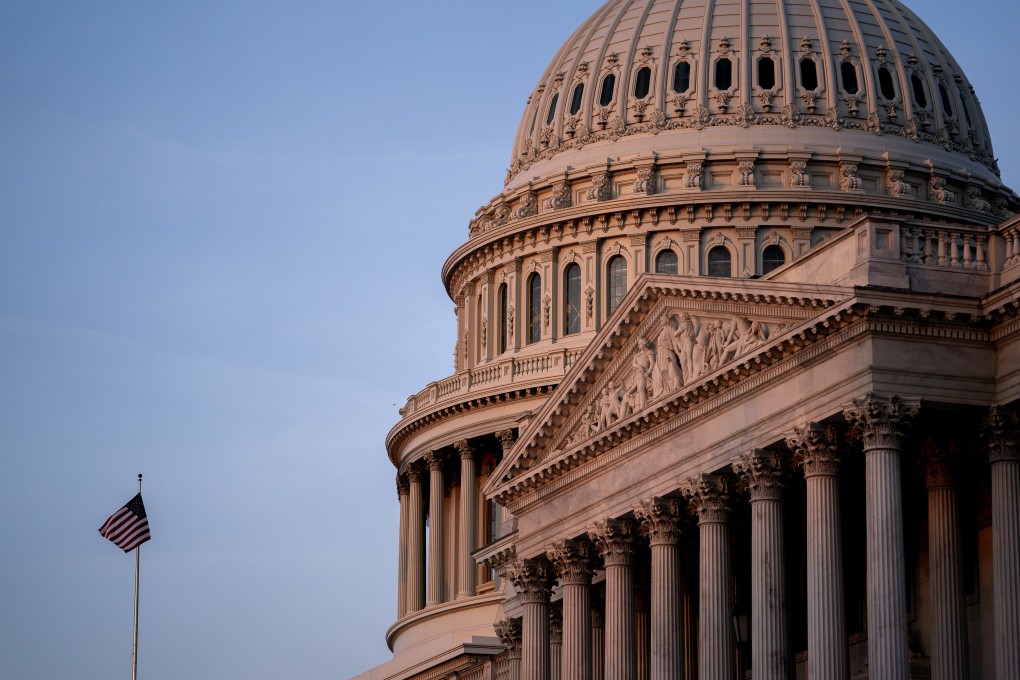My Take | Industrial policy: the economic practice that dares not speak its name in America
- To compete with China, US President Joe Biden is now embracing an economic policy practically invented by the American founding fathers yet was left to other developing countries to pursue openly

When Hong Kong’s legendary director John Woo Yu-sen was all the rage in Hollywood during the 1990s, almost every American action movie had shooting scenes that mimicked his highly stylised cinematic violence. Even today, you can detect shades of Woo in the shooting style of the John Wick film franchise.
The funny thing was, Hollywood wasn’t stealing from Hong Kong. When once asked where he got the ideas of stylistic Mexican stand-offs and slow-motion killings, he replied that it was from watching too many spaghetti Westerns (and also all those samurai movies of Akira Kurosawa). In other words, Hollywood was stealing from itself, via Woo. The circle of artistic theft was complete.
The late Ronald Reagan once famously quipped: “The nine most terrifying words in the English language are: I’m from the Government, and I’m here to help.”
Milton Friedman and his legions of neoliberal economic followers, including Reagan and his best pal Margaret Thatcher, thought anything the government touched caused inefficiencies or worse.
